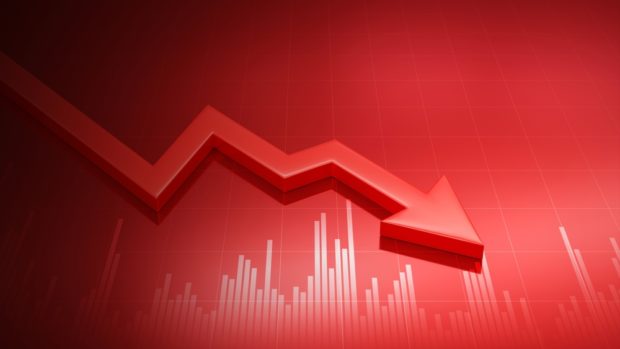
The warmer weather for an unusually long period in July encouraged people to get into the summer spirit and socialise to make up for lost time. Firstly, through garden parties and BBQs which uplifted food sales by 0.1 per cent. Secondly, through going out, combined with events and holidays which boosted demand for new summer outfits. Consumers shifted from shopping in-store (down 1.2 per cent), to department stores and online which increased 1.4 per cent and 4.8 per cent respectively.
Unfortunately, this could very well be the last hurrah for consumers as they prepare for what’s coming down the tracks, in the form of further price increases and cost-of-living pressures, meaning it’s unlikely this boost is here to stay.
Increasing costs have already started to bite, with many consumers being forced to make hard spending choices, as their budgets become increasingly squeezed. Household goods sales figures continued to fall 0.4 per cent in July, as consumers stayed away from buying big ticket items.
Retail sales don’t appear to be following the trend of consumer confidence which hit an all-time low in July. However, it’s hard to ignore the additional challenges on the horizon as we come out of the summer period, and head into what will feel like a long winter for many households. This is not good news for retailers who will see revenues eroded.’
Thomas Pugh, economist at RSM UK, added: ‘The 0.3 per cent m/m rise in total retail sales in July suggests the economy isn’t in recession yet. Admittedly, retail sales only account for around a third of consumer spending so the decent rise in retail sales doesn’t necessarily mean overall GDP rose in July. It could be that consumers are spending less on other activities, such as eating out. But the rise is a positive sign that the economy started Q3 on the front foot and reduces the chances of the economy already being in a recession.
However, tougher times are ahead for the retail sector. Consumer confidence has fallen to a record low and a huge rise in energy bills in October will result in a record-breaking drop in households’ disposable incomes unless there is additional government action, which will inevitably result in lower consumer spending. We expect the economy to fall into a mild recession in the fourth quarter of this year lasting until the second half of 2023.








Share